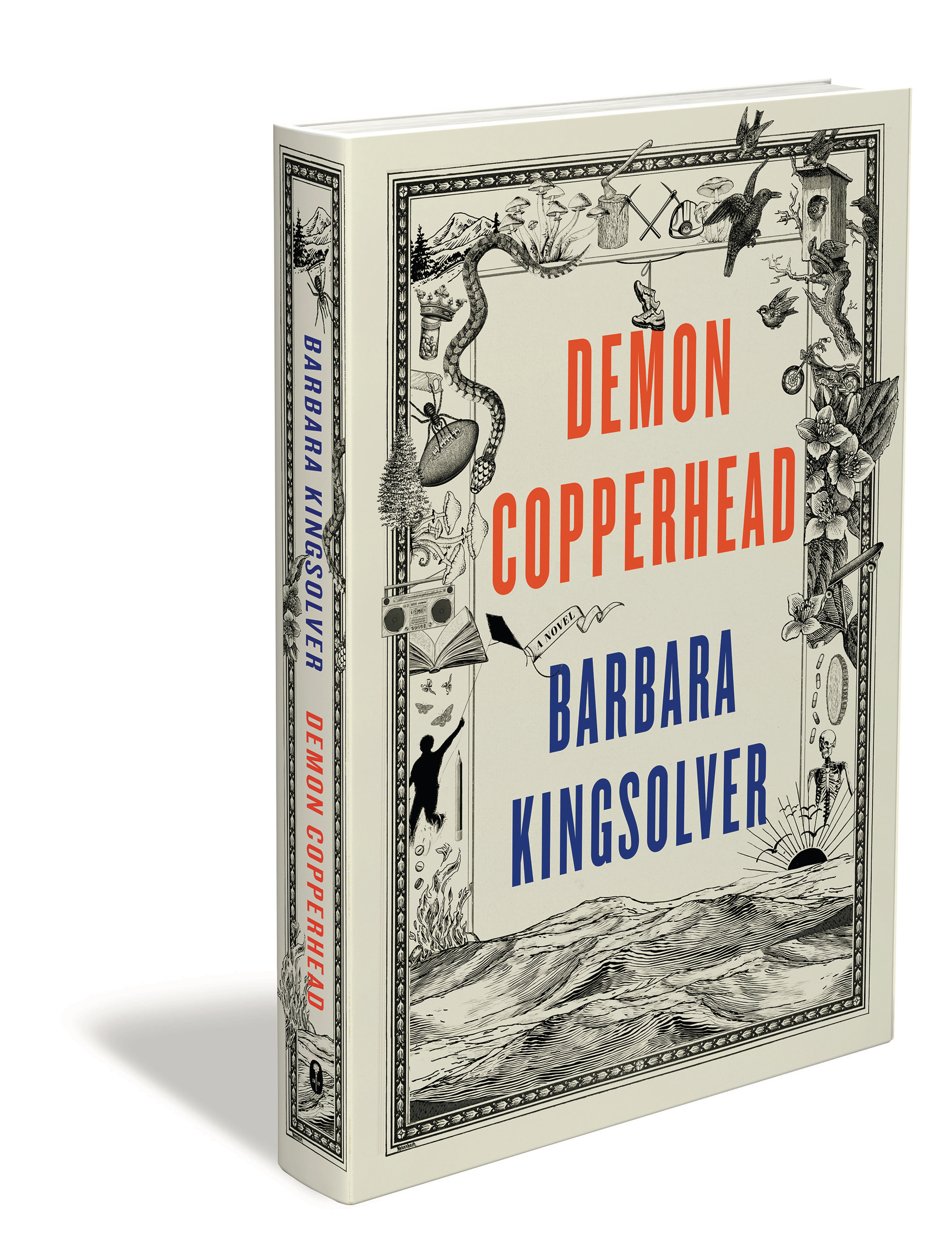The last time we had a new novel from Cormac McCarthy, Enron and JonBenet Ramsey were in the headlines, more than a hundred thousand U.S. troops were in Iraq, the University of Alabama football team was eking out a losing season, and a hundred million users were making Myspace.com the world’s most visited website. Folks, it’s been a minute.
But now we have two new Cormac McCarthy novels. (Or will shortly, since McCarthy’s publisher is staggering their releases by dropping one in late October and the other in early December.) For the bookish public, that’s a headline in itself. The notoriously private eighty-nine-year-old author of Blood Meridian, All the Pretty Horses, and The Road reigns as a titan of American lit—an undisputed heir to Melville and Faulkner, the subject of infinite grad-school theses, and a hard-nosed dispenser of what Saul Bellow called “life-giving and death-dealing sentences.” Since 1965, when his first book (The Orchard Keeper) appeared, he’s been turning paper and ink into thunder and lightning.
The Passenger is the novel making landfall first. If you pay attention to the promotional copy, you might think you’re cracking an old Alistair MacLean thriller from the seventies: “A Sunken Jet. Nine Passengers. A Missing Body.” Best to ignore that, however, because that’s decidedly not what you’re cracking. Your first clue will be the prose: “In that dusky penetralium they press about the crucible shoving and gibbering while the deep heresiarch dark in his folded cloak urges them on in their efforts. And then what thing unspeakable is this raised dripping up through crust and calyx from what hellish marinade.” Hot damn! It’s the humid, fevered, magniloquent, Bible-cadenced, comma-starved, word-drunk prose of what some fans consider McCarthy’s masterwork, Suttree, his 1979 novel about vagrant life on the Knoxville waterfront.
The Gulf Coast provides the waterfront this time around. Near Pass Christian, Mississippi, a New Orleans salvage diver named Bobby Western comes upon that mysteriously submerged plane and its dead passengers in the fall of 1980. And though a pair of federal agents comes sniffing around, and a few more riddles bubble forth, the sunken jet essentially serves as a four-engine MacGuffin that fades out by midnovel. The more pressing mysteries start whirling around Western himself: Tennessee-born son of a nuclear physicist and atomic bomb maker; brother to a late math prodigy with schizophrenia; onetime Formula 2 race-car driver; and friend and confidant to a Suttree-level menagerie of barflies, misfits, philosophers, and French Quarter crackpots. The Passenger toggles between Western’s beery, pensive rambles and the hallucinations of Alicia Western, Bobby’s brilliant sister, in which she’s devotedly harangued by a fast-talking dwarf with flipper-like hands who’s known to her as the Thalidomide Kid. There’s a lot here. Your mind might spin. The novel is veined with meandering conversations that swerve from the dimensions of string theory to Kennedy assassination conspiracies to why the f-word, as a noun, requires an adjective to the “indeterminacy of reality itself.” Yet what it all adds up to—perhaps surprisingly—is a doomed and unsettling love story, a Platonic tragedy.
Stella Maris, the other novel, is a companion piece to The Passenger. It’s a transcript—no actions, no descriptions, no identifiers—of seven of Alicia Western’s sessions at a Wisconsin psychiatric hospital in 1972. Her beleaguered psychiatrist just struggles, most of the time, to keep up with his twenty-year-old patient, who is both a smart-ass and a genius. She graduated from the University of Chicago at seventeen; the real-life mathematician Alexander Grothendieck was her mentor; and she knows absolutely everything about the universe except how to exist in it. “What would you change if you could change anything?” he asks her. “I’d elect not to be here,” she answers. “In this consultation,” he clarifies. “On this planet,” she replies. The conversations in Stella Maris also swerve, from Spengler to Oppenheimer to Kant to Feynman to the truth of the universe lying on the other side of partial differential equations. Alicia Western is fluent in every equation known to humankind; but the only equation she needs is one that can explain her heart and its desires.
Taken together, The Passenger and Stella Maris are an intellectually breathtaking achievement, an electric and thunderous attempt, as the Thalidomide Kid says to Bobby, to “get hold of the world.” Not that such is possible, according to the Kid. No, “you can only draw a picture,” he says. “Whether it’s a bull on the wall of a cave or a partial differential equation”—or an astonishing pair of novels—“it’s all the same thing.”









